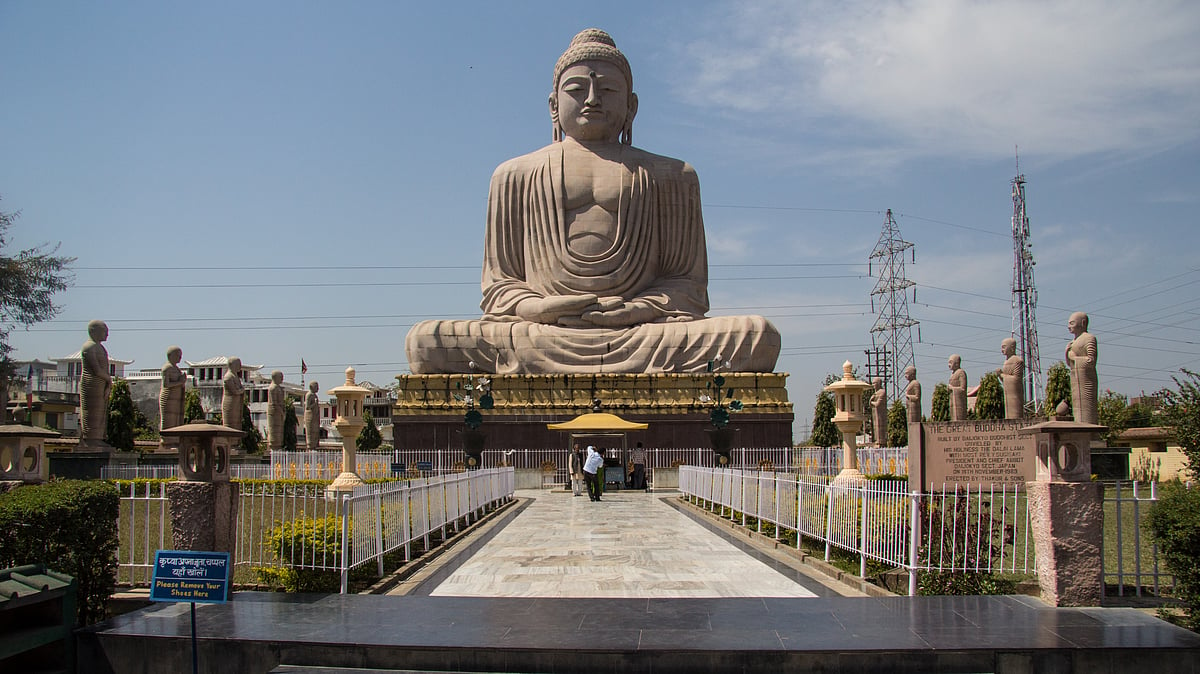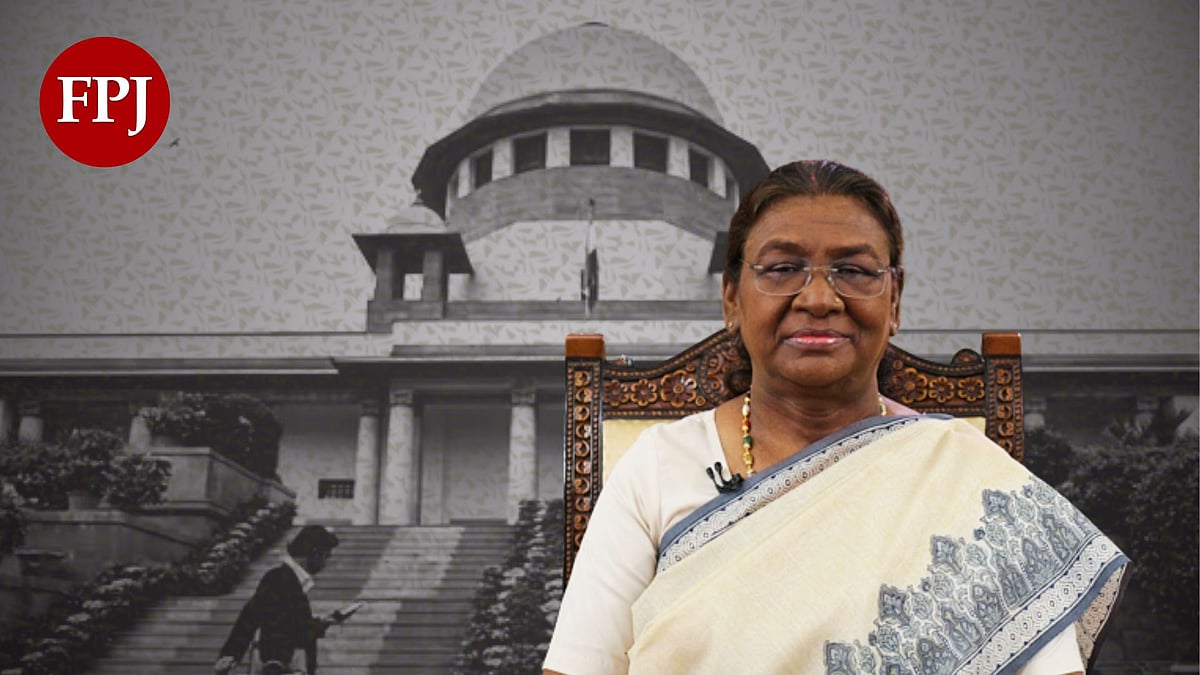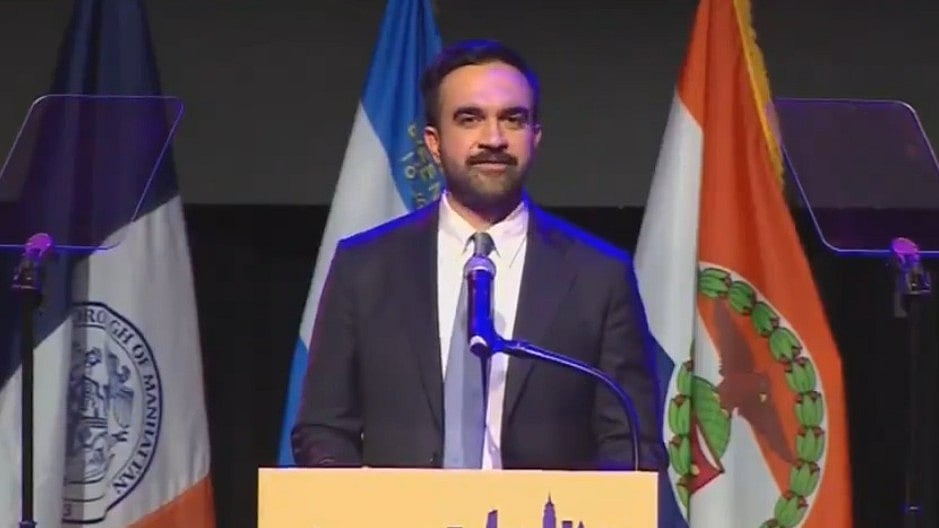It is hard to fight entrenched vested interests wherever they may be. It is a public secret that various sporting bodies in the country have for long been the preserve of a small group of people who are reluctant to step aside to allow fresh blood to be inducted. Scan the list of office-bearers of various sporting organisations and you will find that the top honchos have been around for decades, some without a break. Since cricket is a mass sport and, thanks to the advent of live telecasts of various national and international fixtures, it is now by far the richest among all the cricket bodies in the world, it naturally attracts optimum public attention.
To set things in order, a committee under the former chief justice of India, R M Lodha, had recommended a number of steps to reform and revamp the affairs of the Board of Control for Cricket in India. Two years later, its recommendations are yet to be fully enforced, though in the interim the old order was replaced by temporary functionaries. However, a key recommendation, which called for a mandatory cooling-off period of three years before an office- bearer of national or state body, could seek re-election was recently relaxed by the Supreme Court.
In other words, an office-bearer could now have two successive three-year terms instead of the compulsory break of three years before seeking a second term as recommended by the Lodha committee. A three-member bench of the apex court headed by CJI Dipak Mishra while allowing two successive terms said this would allow the office-bearers to put to good use the experience gained in the first term in the second term. Regardless of the merit of this argument, what the SC failed to take into account is the sheer brazenness of the vested interests in defeating the laudable objective behind the reformist injunction by the Lodha committee.
For example, in the recent elections to the Delhi and District Cricket Association, a majority of the office-bearers elected — and defeated — were directly related to those who stood barred from contesting. Wives, brothers, cousins, etc of long-time office-bearers contested the election and most of them were elected as well. A salutary restriction to lessen the hold of vested interests was, thus, virtually made redundant. The other relief given by the apex court, however, was welcome.
The Lodha committee had recommended the principle of one-state, one-vote. This would have led to the disbandment of cricket associations for Mumbai and Vidharbha and Baroda and Saurashtra. Given that these associations have played a key role in player development and extension of the sport in their respective regions, besides building first-class stadiums, their abolition would have been a blow to the sport. Ultimately, how a sporting body functions does not depend on whether the office-bearers have one or two three-year terms, but on the character and background of the office-bearers themselves. It is a function of individual character which determine the quality and direction of management.









